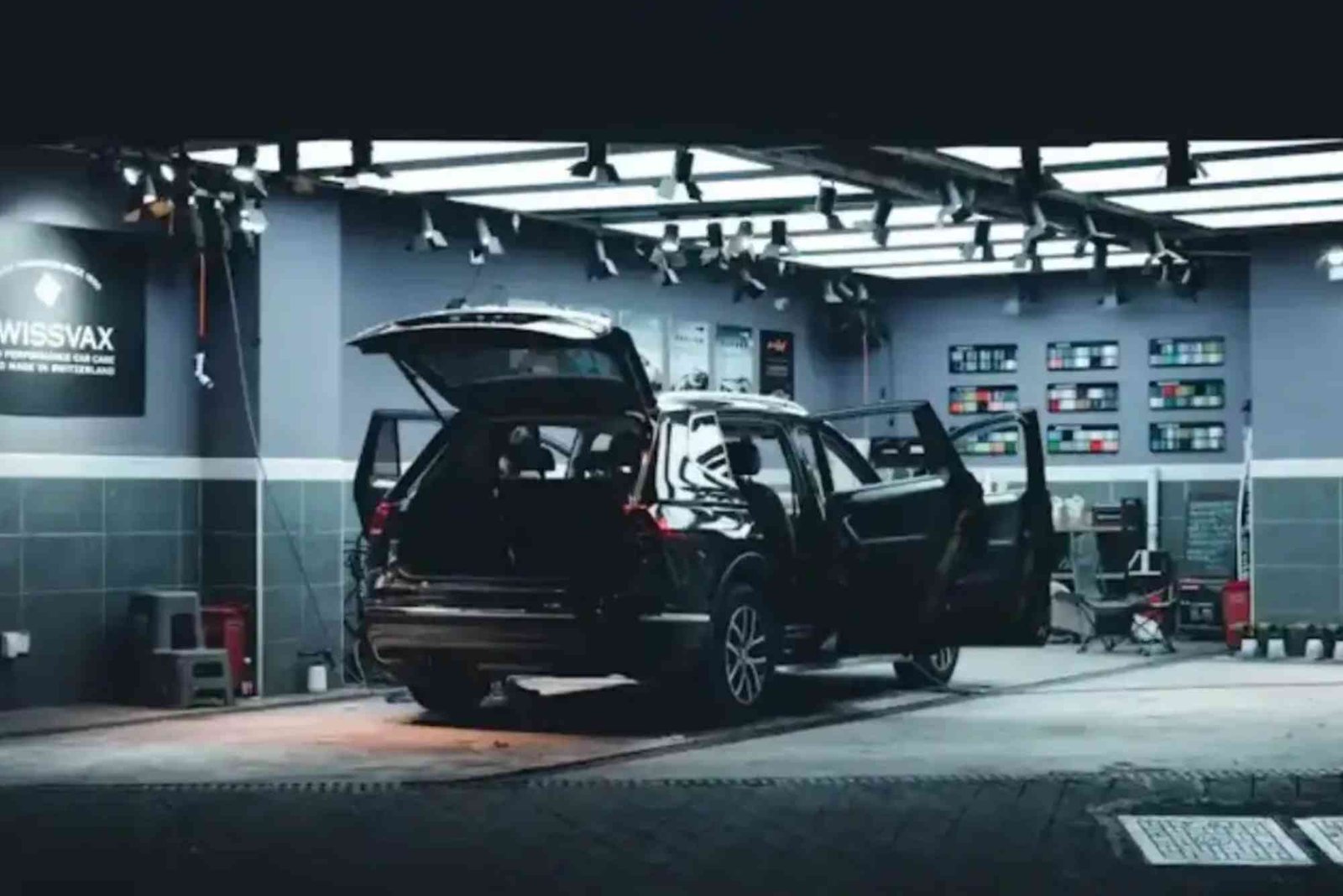Starting a business in the UAE is an exciting opportunity, especially with the country’s strong economy and supportive infrastructure. For entrepreneurs and investors, one of the biggest decisions to make is choosing between setting up in a free zone or on the mainland. Both options offer unique benefits, but they also differ in terms of costs, operations, and ownership. This article explores the key cost differences between the two to help you make the right choice for your venture.
Lower Startup Costs in Free Zones
For those looking at a cost-effective route, business setup in UAE free zone is often the preferred choice. Free zones are designed to support small and medium businesses, offering attractive startup packages, lower license fees, and bundled services. These packages often include business licenses, office space, and visa quotas at a fixed cost, making it easier to budget during the early stages of business setup.
In comparison, setting up a mainland business can be more expensive initially. Costs such as license fees, office rent (which must meet minimum space requirements), and additional approvals can add up quickly. While the mainland setup allows access to a broader local market, the higher setup costs may not be ideal for startups working with a limited budget.
Office Requirements and Rental Costs
Free zones usually offer flexible office options, from shared desks to private offices and warehouses. These options cater to businesses of all sizes and allow entrepreneurs to scale as their needs grow. Most free zones also provide virtual office solutions, helping reduce rental costs further.
On the mainland, having a physical office is mandatory, and the space must meet certain size requirements based on the number of employees. This means higher rental expenses and long-term lease commitments, which may not be ideal for businesses in their early stages.
Ownership and Shareholding Structure
One of the biggest advantages of business setup in UAE free zone is full foreign ownership. Entrepreneurs can retain 100% control of their company without the need for a local sponsor. This structure not only saves costs related to partnership agreements but also provides more independence in decision-making and profit distribution.
While recent reforms have made it possible for some mainland businesses to have full foreign ownership, certain sectors may still require local sponsorship or partnership. If a sponsor is needed, this could involve additional annual fees or profit-sharing, adding to the long-term operational costs.
Visa and Employee Costs
Free zone companies usually get a specific number of visa quotas based on their office size or package. The visa processing is centralized, faster, and often included in the setup cost. This makes it easier for businesses to onboard staff quickly and efficiently.
Mainland businesses have more flexibility in hiring and applying for visas, but each visa comes with its own fees, medical checks, and approval requirements. If the company plans to hire a large team, the cumulative visa costs may become a significant part of the operating budget.
Market Access and Expansion Potential
Mainland businesses have direct access to the UAE local market and can freely trade with other companies and government entities within the country. This makes it ideal for businesses that want to operate physical retail stores or offer services across the entire UAE.
Free zone businesses, on the other hand, are limited to trading within their own zone or internationally. To conduct business in the local market, they need to work through a local distributor or open a mainland branch, which can involve additional costs and licensing.
Conclusion: Choose Based on Budget and Business Goals
When it comes to choosing between a free zone and mainland setup, the decision should align with your business needs and financial goals. For startups and entrepreneurs seeking a low-cost entry, business setup in UAE free zone offers an affordable, hassle-free option with plenty of support and benefits. On the other hand, if your business model depends on local market access and large-scale hiring, a mainland setup might be worth the additional investment.
By understanding the cost structure of each option, you can plan smarter, launch confidently, and focus on growing your business in one of the most dynamic economies in the region.
Starting a business in the UAE is an exciting opportunity, especially with the country’s strong economy and supportive infrastructure. For entrepreneurs and investors, one of the biggest decisions to make is choosing between setting up in a free zone or on the mainland. Both options offer unique benefits, but they also differ in terms of costs, operations, and ownership. This article explores the key cost differences between the two to help you make the right choice for your venture.
Lower Startup Costs in Free Zones
For those looking at a cost-effective route, business setup in UAE free zone is often the preferred choice. Free zones are designed to support small and medium businesses, offering attractive startup packages, lower license fees, and bundled services. These packages often include business licenses, office space, and visa quotas at a fixed cost, making it easier to budget during the early stages of business setup.
In comparison, setting up a mainland business can be more expensive initially. Costs such as license fees, office rent (which must meet minimum space requirements), and additional approvals can add up quickly. While the mainland setup allows access to a broader local market, the higher setup costs may not be ideal for startups working with a limited budget.
Office Requirements and Rental Costs
Free zones usually offer flexible office options, from shared desks to private offices and warehouses. These options cater to businesses of all sizes and allow entrepreneurs to scale as their needs grow. Most free zones also provide virtual office solutions, helping reduce rental costs further.
On the mainland, having a physical office is mandatory, and the space must meet certain size requirements based on the number of employees. This means higher rental expenses and long-term lease commitments, which may not be ideal for businesses in their early stages.
Ownership and Shareholding Structure
One of the biggest advantages of business setup in UAE free zone is full foreign ownership. Entrepreneurs can retain 100% control of their company without the need for a local sponsor. This structure not only saves costs related to partnership agreements but also provides more independence in decision-making and profit distribution.
While recent reforms have made it possible for some mainland businesses to have full foreign ownership, certain sectors may still require local sponsorship or partnership. If a sponsor is needed, this could involve additional annual fees or profit-sharing, adding to the long-term operational costs.
Visa and Employee Costs
Free zone companies usually get a specific number of visa quotas based on their office size or package. The visa processing is centralized, faster, and often included in the setup cost. This makes it easier for businesses to onboard staff quickly and efficiently.
Mainland businesses have more flexibility in hiring and applying for visas, but each visa comes with its own fees, medical checks, and approval requirements. If the company plans to hire a large team, the cumulative visa costs may become a significant part of the operating budget.
Market Access and Expansion Potential
Mainland businesses have direct access to the UAE local market and can freely trade with other companies and government entities within the country. This makes it ideal for businesses that want to operate physical retail stores or offer services across the entire UAE.
Free zone businesses, on the other hand, are limited to trading within their own zone or internationally. To conduct business in the local market, they need to work through a local distributor or open a mainland branch, which can involve additional costs and licensing.
Conclusion: Choose Based on Budget and Business Goals
When it comes to choosing between a free zone and mainland setup, the decision should align with your business needs and financial goals. For startups and entrepreneurs seeking a low-cost entry, business setup in UAE free zone offers an affordable, hassle-free option with plenty of support and benefits. On the other hand, if your business model depends on local market access and large-scale hiring, a mainland setup might be worth the additional investment.
By understanding the cost structure of each option, you can plan smarter, launch confidently, and focus on growing your business in one of the most dynamic economies in the region.

















